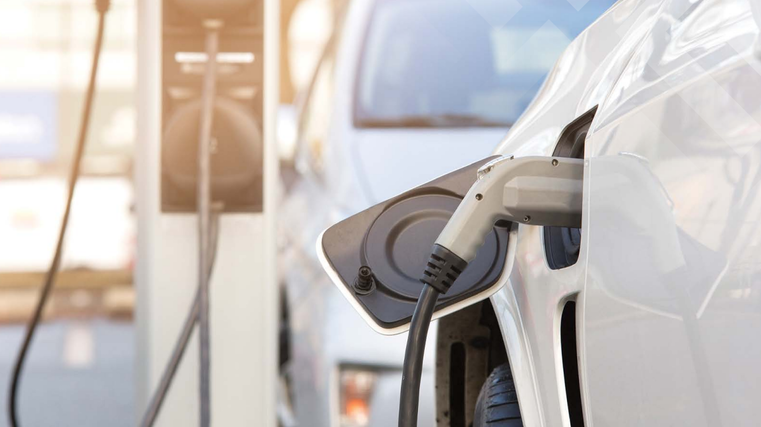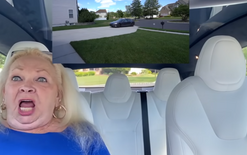Court challenge to CCS targets

An electric vehicle lobby group is taking the government to court over its decision to weaken the clean car standard (CCS) targets for imported light vehicles.
The Better New Zealand Trust, which is a member of the Global EV Alliance, has launched the legal action with the support of Lawyers for Climate Action NZ Inc.
It wants the High Court to quash changes made by Simeon Brown, Minister of Transport, in July this year to start aligning the programme’s goals with the Australian market from the start of 2025.
He made the decision after Ministry of Transport (MoT) officials consulted with the Motor Industry Association, Imported Motor Vehicle Industry Association, Motor Trade Association and the Automobile Association as part of a review of the programme.
The trust told RNZ that if electric vehicle (EV) suppliers and advocates had also been consulted, they would have countered claims about an insufficient number of low-emissions vehicles being available to meet the previous goals.
It claims Brown acted contrary to Part 13 (Clean vehicle standard) of the Land Transport Act, which is “to achieve a rapid reduction in carbon dioxide emissions from light vehicles imported into New Zealand, to assist New Zealand in meeting its 2050 target and emissions budgets”.
In calling for a judicial review of Brown’s decision, the trust also argues that in lowering the CCS targets, the minister is required to be satisfied those are “are set at an appropriate level to increase the supply of zero and low-emission vehicles in the market” and “consistent with transport-specific policies and strategies set out in the emissions reduction plan”.
The CCS requires newly imported vehicles to meet a target for average emissions per kilometre and was introduced in January 2023, with the previous government setting its goals until the end of 2027.
Kathryn Trounson, chair of the trust, says the MoT’s advice to government shows softening the targets will result in 39,000 fewer EVs and 19,000 fewer plug-in hybrids being registered in New Zealand by 2035.
The official advice also noted the changes would lead to more greenhouse gas emissions by 2050 and higher costs for the economy through greater fuel and maintenance bills.
Trounson says the amendments made by Brown also ignore targets set under New Zealand’s emissions reduction plan, such as 30 per cent of the fleet being EVs by 2035.
“Along with the removal of the clean car discount, the imposition of road user charges on EVs and hybrids, and the proposed increase in ACC levies on EVs and hybrids – the weakening of the clean car standard is part of this government’s concerted anti-EV, anti-climate agenda,” adds Trounson.
“In less than a year, this government has taken New Zealand from being a leader in the transition to clean transport to being one of the worst performers in the developed world.
“The excuse that there is insufficient international supply of EVs and hybrids to meet the targets doesn’t hold water.
“Before this wave of anti-clean car policies began, EVs hit a peak of 20 per cent of new car registrations and hybrids reached 56 per cent. Other countries are already beating the emissions targets that we had set for 2027.”
Trounson says the previous CCS targets would have provided a financial incentive for importers to focus on bringing more zero and low-emissions vehicles to market.
"We are asking the court to quash the minister's clean car standard regulations and replace them with targets that comply with the law and have been developed following meaningful consultation,” she explains.
In a statement to RNZ, Brown declined to comment on the legal action because it was before the courts but said the government supports the CCS to ensure New Zealand has an affordable mix of clean vehicles.





